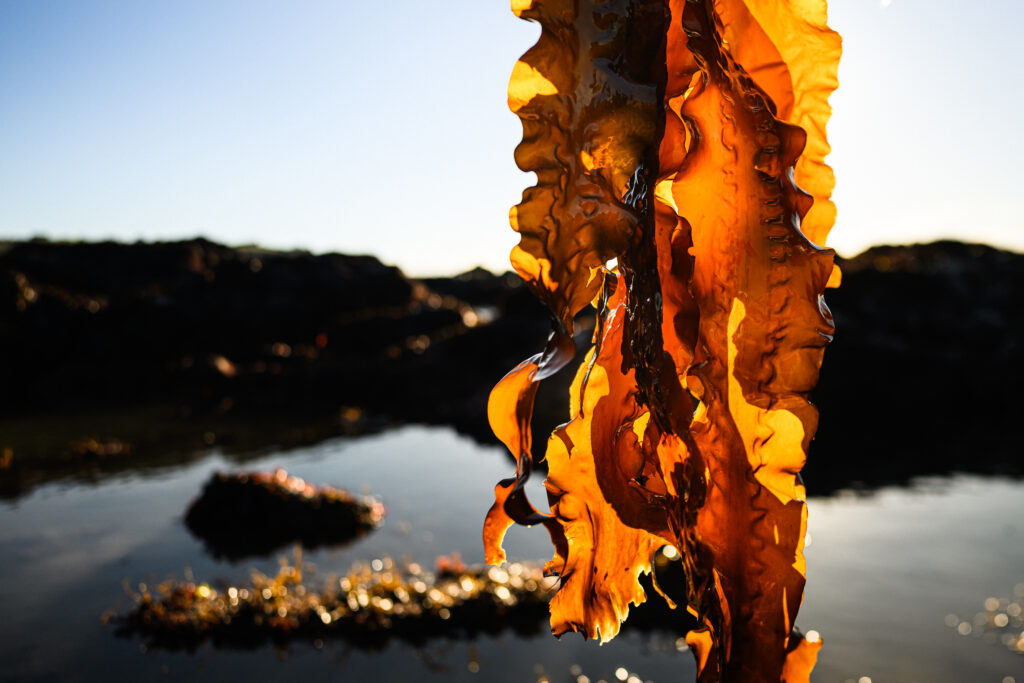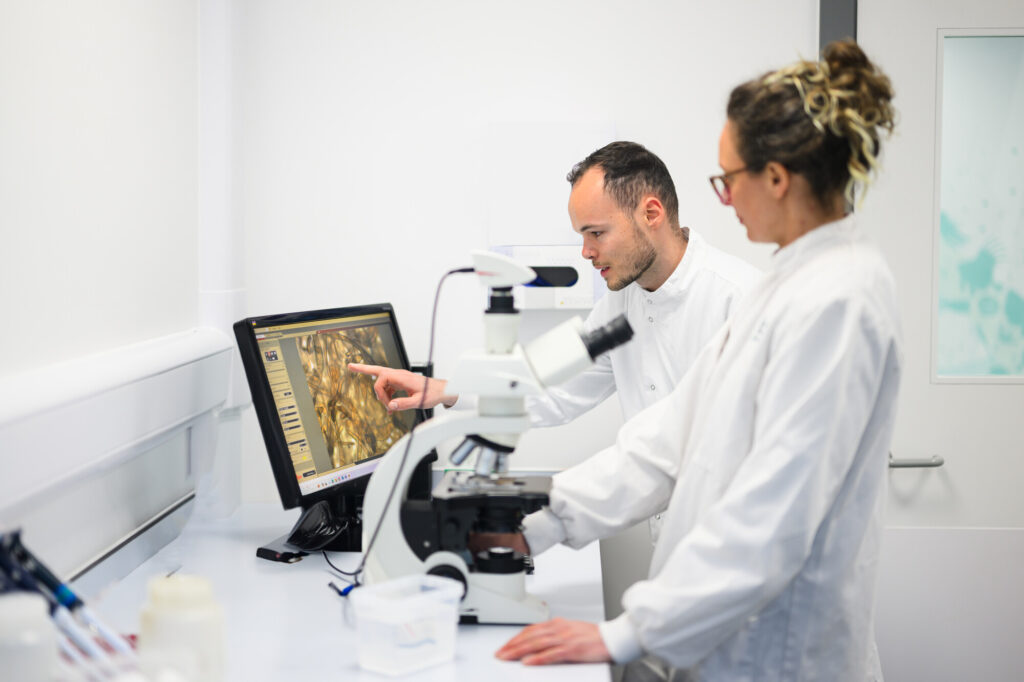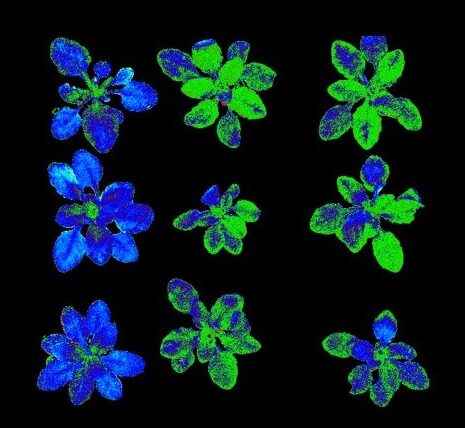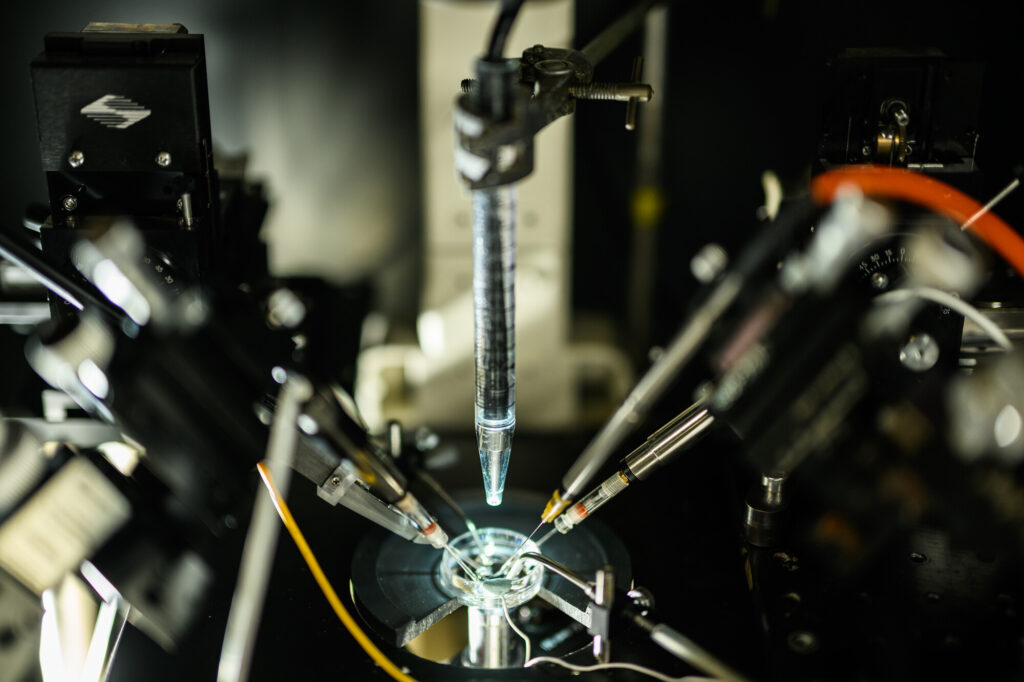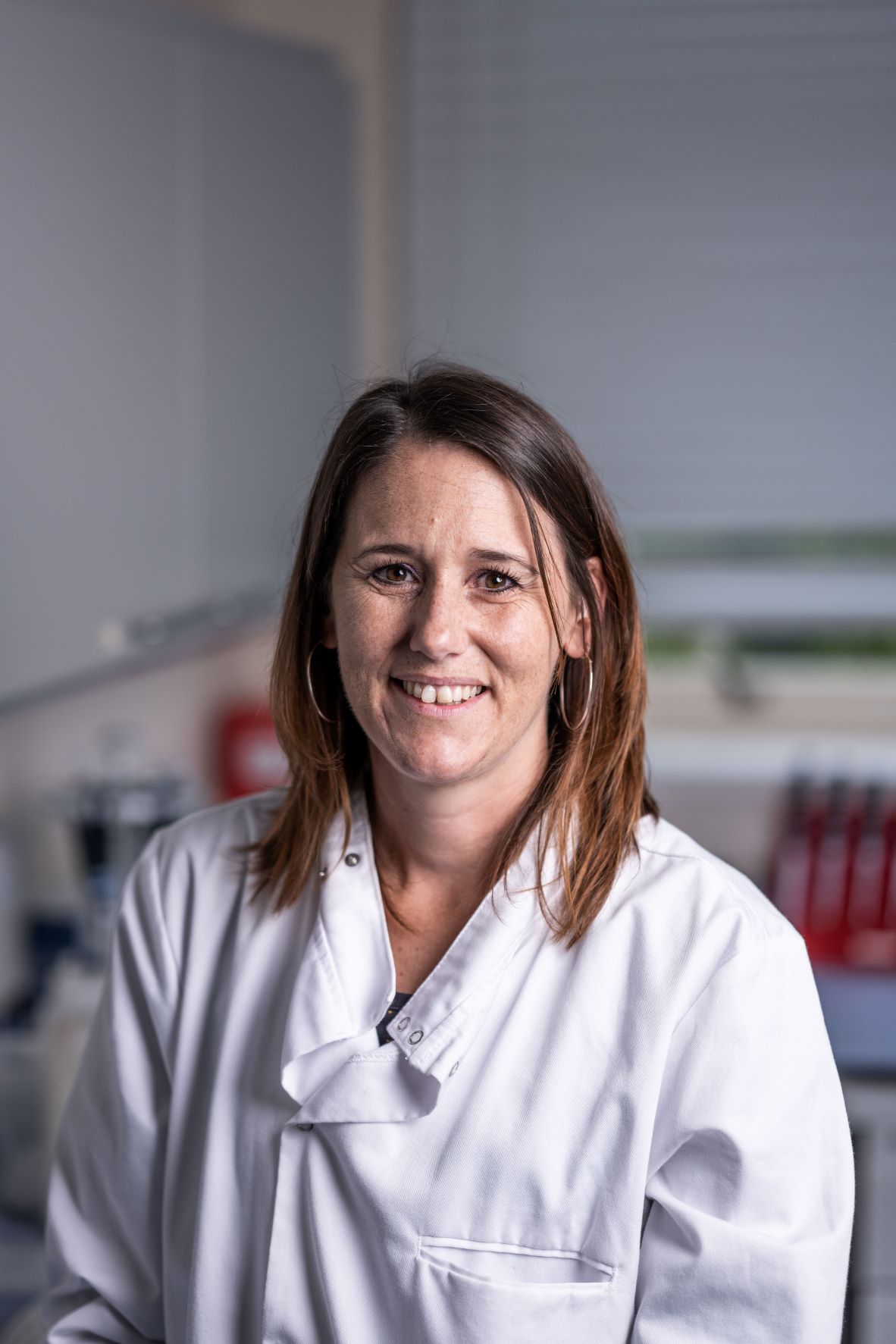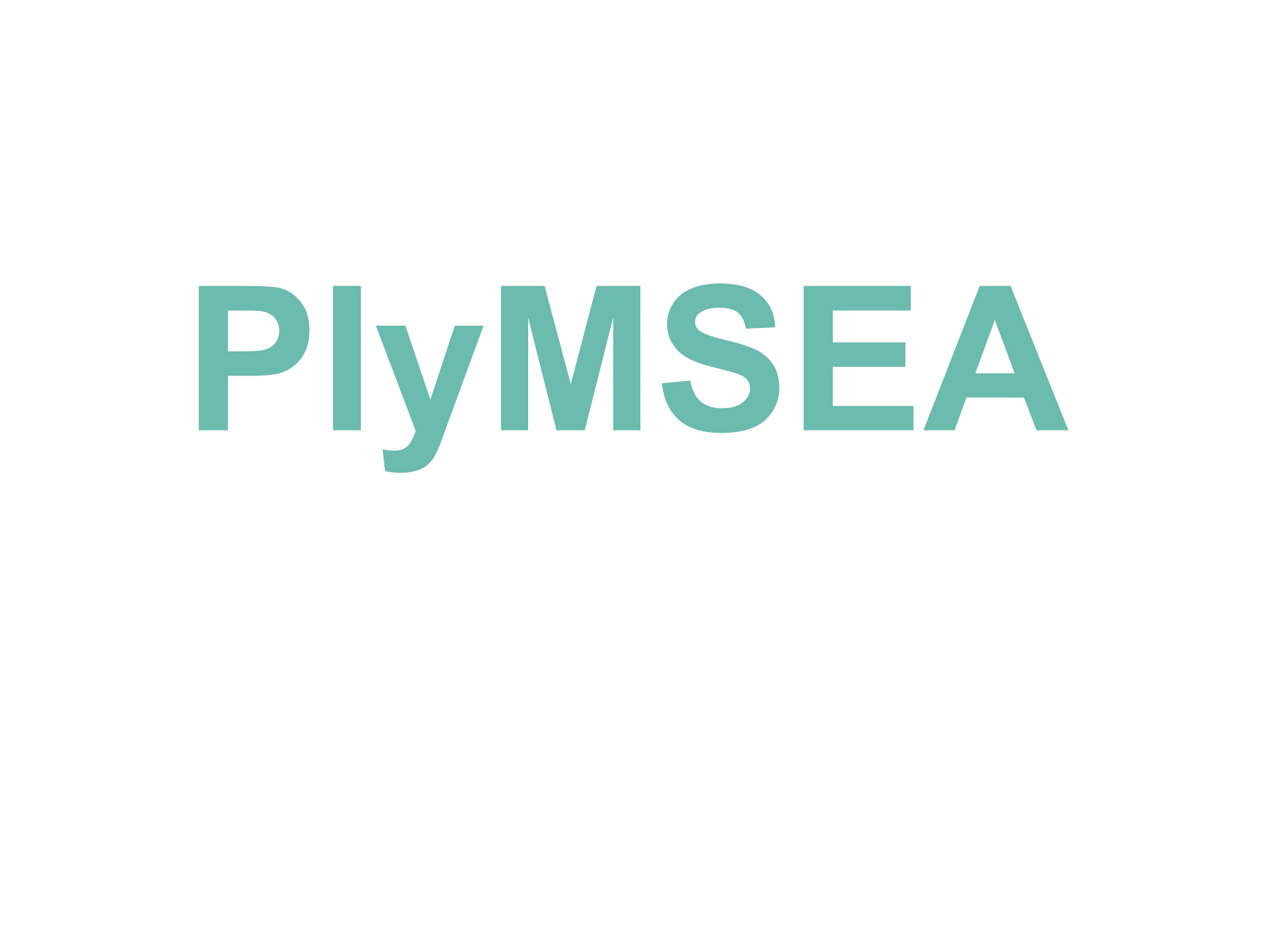Algal Signalling and
Stress Physiology
Research Lead – Dr Glen Wheeler
Marine phytoplankton are the base of the marine food web, underpinning all other forms of marine life. These tiny algae must constantly respond to changes in their environment in order to survive. Our research focuses on two major groups of phytoplankton, the diatoms and the coccolithophores, which play an important role in the global carbon cycle.
We are using single cell microscopy approaches to examine how these organisms respond to stressors such as light, temperature and salinity. We are also studying how these algae will respond to future changes in ocean pH and carbon dioxide, which are predicted to have a major impact on the biology of coccolithophores in particular. By understanding these cellular mechanisms, we can help to understand what determines the distribution of diatoms and coccolithophores in the global oceans and better predict how it may change in future oceans.
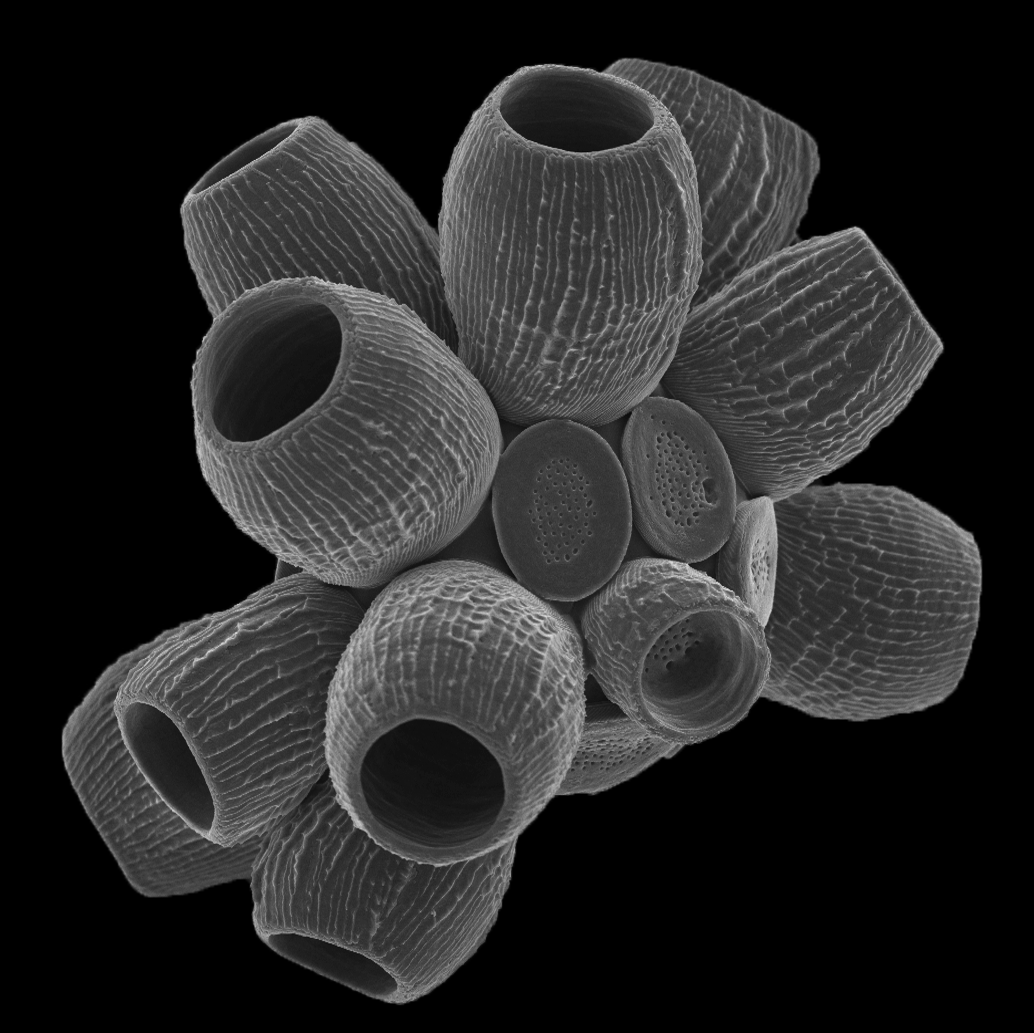
Our Research Impacts
Coccolithophore sensitivity to ocean acidification
Coccolithophores are major group of calcified algae that are threatened by future changes in ocean pH. We have shown that coccolithophores are particularly sensitive to ocean acidification because they need specialised mechanisms for regulating intracellular pH in order to calcify.
Evolution of antioxidant defences in plants and algae
Vitamin C is an essential nutrient for humans and an important antioxidant in plants and algae. We have shown that plants and algae evolved distinct pathways for vitamin C biosynthesis from animals. This allowed them to accumulate vitamin C to much higher levels in order to protect themselves against reactive oxygen species produced during photosynthesis.
Key Publications
Our Team
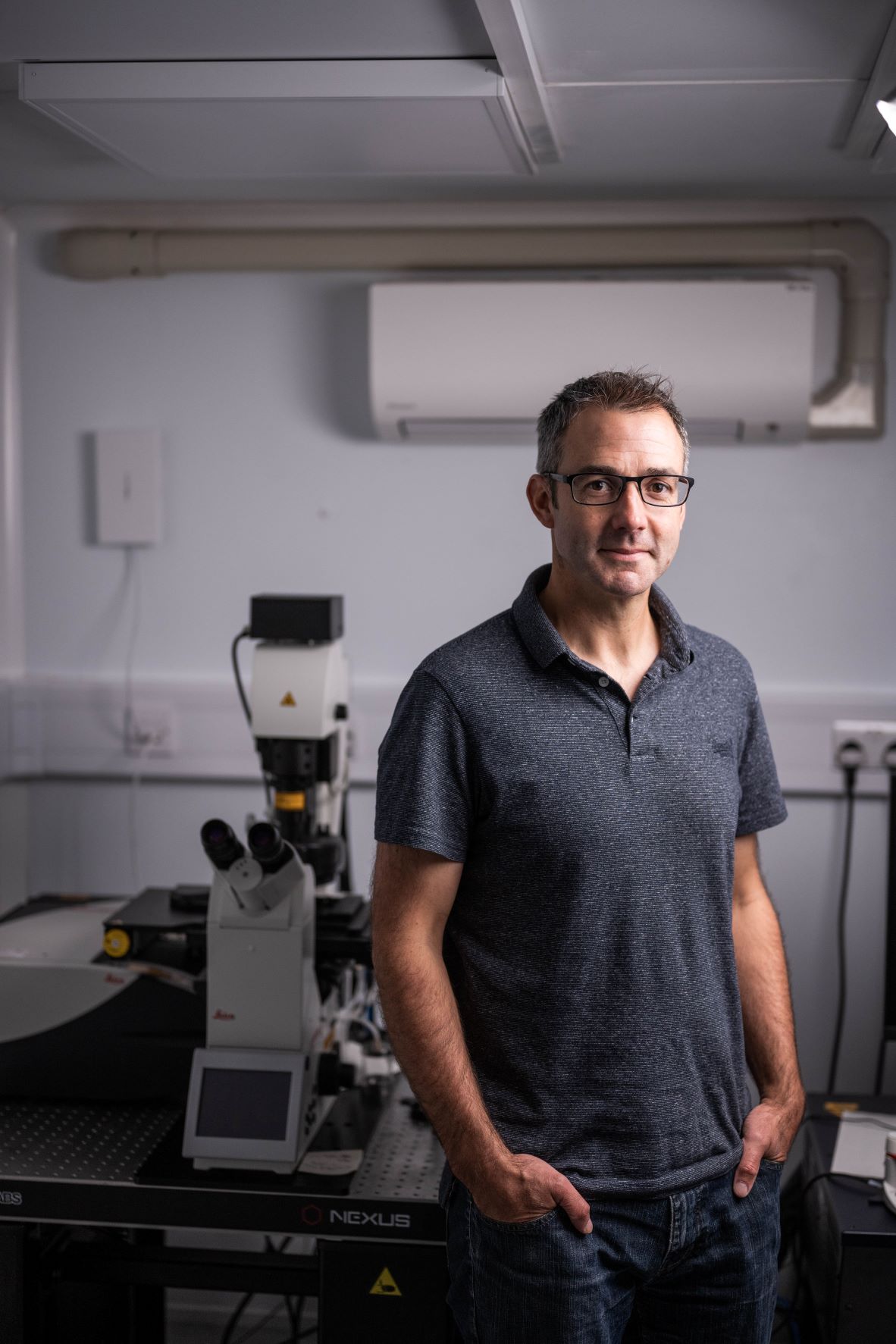
Dr Glen Wheeler
Senior Research Fellow
Dr Glen Wheeler
Senior Research Fellow
I am a molecular cell biologist studying the physiology of marine phytoplankton and other algae. My group examines the mechanisms through which algae sense and respond to their environment, using advanced imaging techniques to visualise these processes in single cells. After studying for a degree in Biology at Nottingham University and a PhD in Plant Biochemistry at the University of Exeter, I moved to Plymouth to study the cell biology of marine algae, initially at Plymouth Marine Laboratory and then moving to the Marine Biological Association in 2014. In recent years, our research has examined how marine phytoplankton are able to respond to changes in salinity, temperature and nutrients. We are also particularly interested in the cell biology of coccolithophores, an important group of marine phytoplankton that have a major impact on the global carbon cycle through their ability to produce an external covering of calcium carbonate plates (coccoliths). By understanding how these algae respond to a changing environment, our research will help us better understand how marine ecosystems will be influenced by future changes in the Earth’s climate.
Research Group: Algal Signalling and Stress Physiology
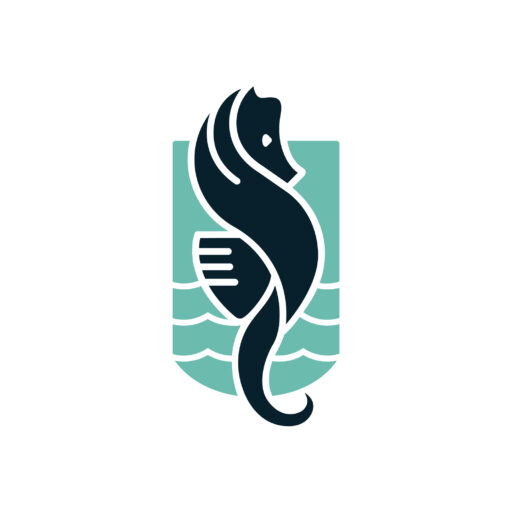
Guy Hooper
PhD Student
Guy Hooper
PhD Student
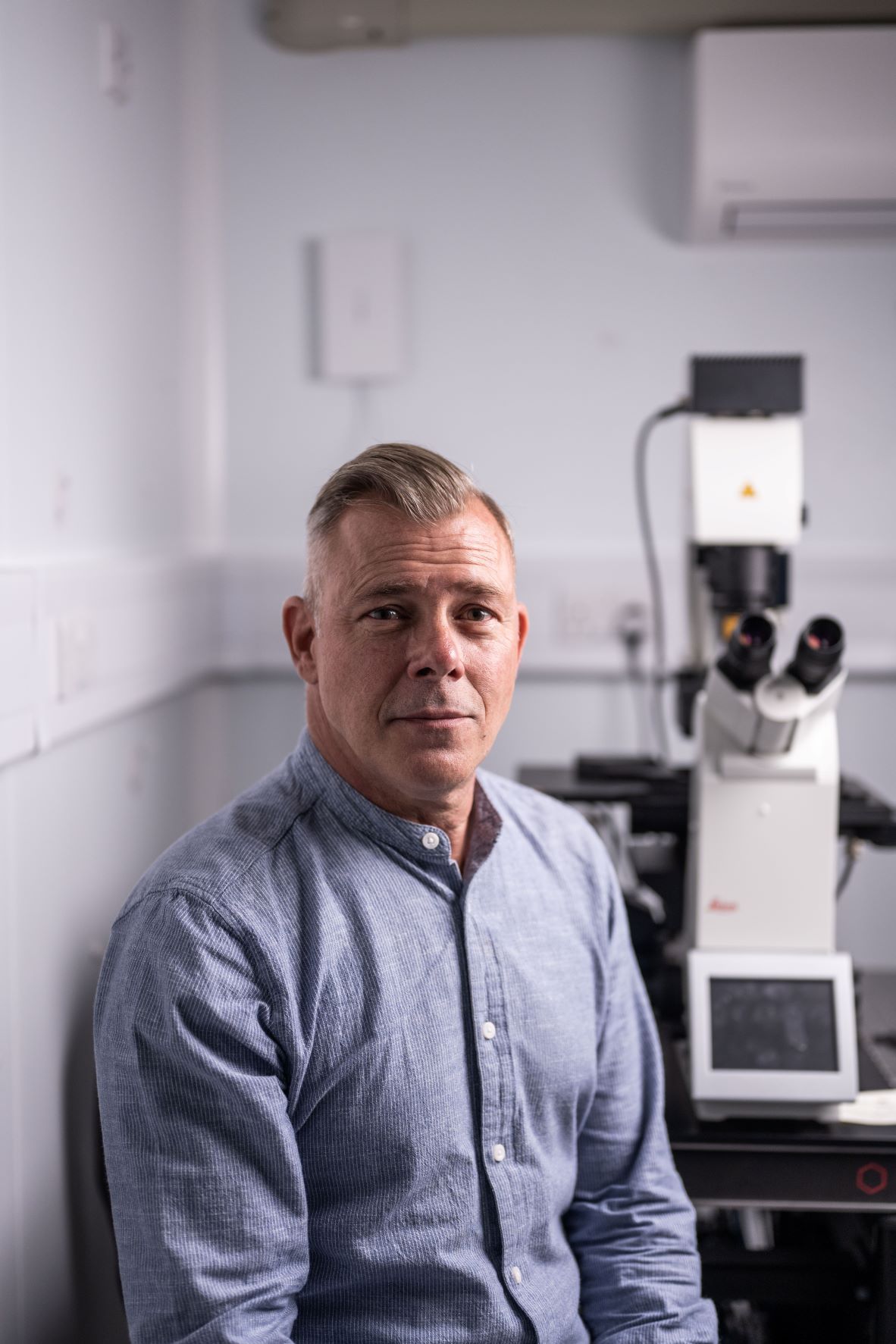
Dr Matthew Keys
Postdoctoral Research Assistant
Dr Matthew Keys
Postdoctoral Research Assistant
I am a Post-Doctoral Research Assistant within the Wheeler Group. My research interests are broadly focused on the effects of climate change on marine phytoplankton, including how multiple stressors interact to impact physiological performance at the species level, and community structure, photosynthesis and carbon budgets at the population level. I studied for my PhD at Plymouth Marine Laboratory where my research focussed on the combined effects of elevated CO2 and temperature on natural phytoplankton community taxonomic composition and rates of photosynthetic carbon uptake. Following my PhD award in 2018, I worked as a Research Assistant at the University of Plymouth on a diatom project, investigating unique lipid signatures produced by the marine diatom Rhizosolenia setigera as a novel proxy for biomass estimates. During my Post-Doctoral project at the MBA I will be assessing how cell size constrains carbon uptake in marine diatoms. Using ion-selective microelectrodes, I am currently measuring dynamic changes in carbonate chemistry within the cell surface microenvironment of marine diatoms at the single cell level, across a range of cell sizes.
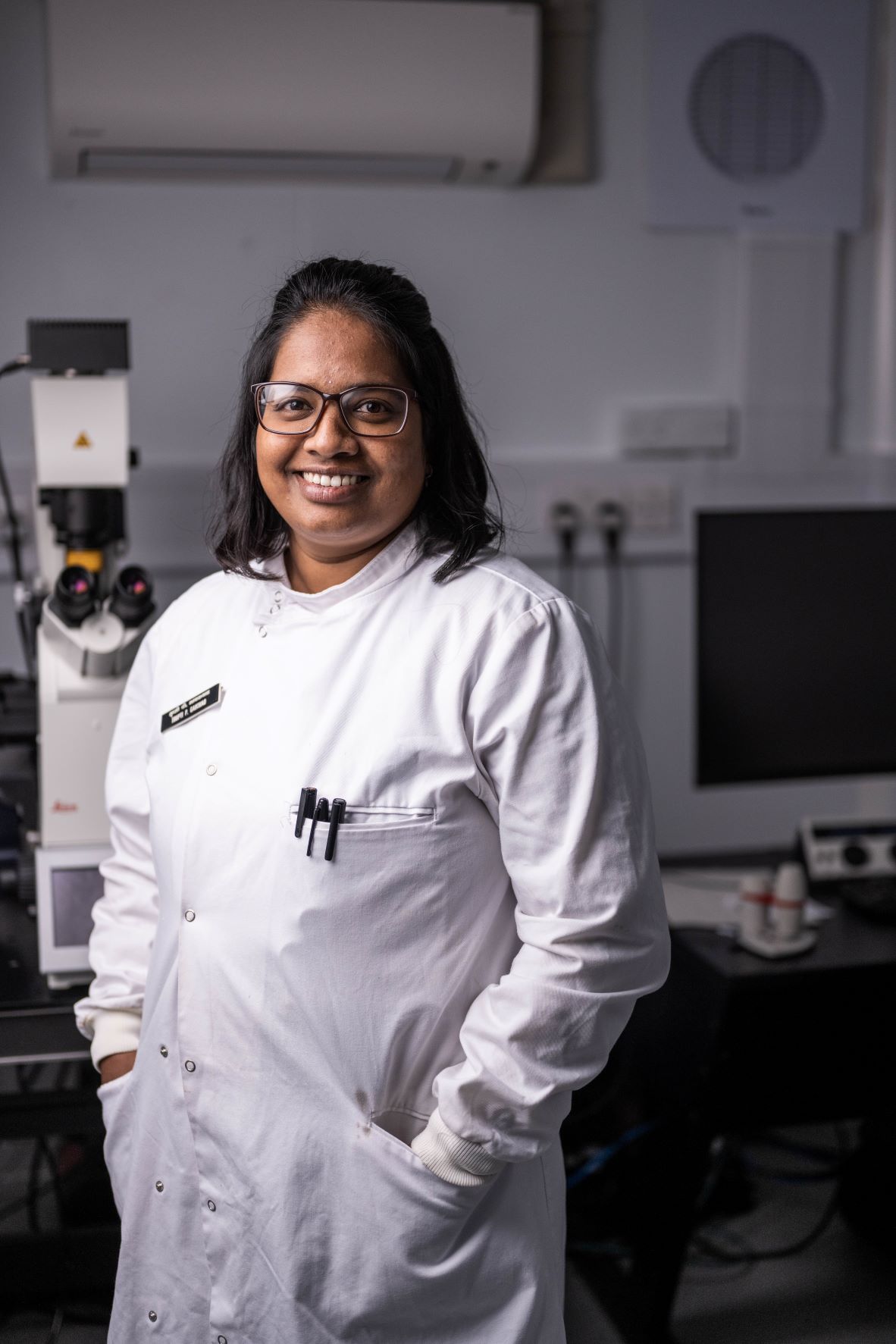
Dr Trupti Prakash Gaikwad
Post Doctoral Researcher
Dr Trupti Prakash Gaikwad
Post Doctoral Researcher

trugai@mba.ac.uk
I obtained a BSc in Agriculture and an MSc in Agricultural Microbiology from India. I completed my PhD in Biological Sciences at the University of Exeter, which was fully funded by the government of India. I worked as a Research Fellow for a year at the University of Warwick in the lab of Professor Murray Grant. Then I worked as a Post-doctoral Research fellow at the University of Plymouth in the lab of Associate Prof George Littlejohn. I joined the Marine Biological Association in October 2019 as a Cell and Molecular Research Assistant and Manager of the Mary Parke Bioimaging Centre. I worked with Dr. Glen Wheeler and Dr. Katherine Helliwell to study the physiology of marine phytoplankton and their response to the environment, using advanced imaging techniques to visualize these processes in single cells. I also worked with Prof Michael Cunliffe to understand the β-glucan-dependent cell wall production process in chytrid fungus through genetic transformation. Currently, I am working as a Postdoctoral researcher with Dr Vengamanaidu Modepalli, addressing the evolutionary history of miRNA biogenesis, which involves analysis of small RNA/microRNA (miRNAs) biology and evolutionary molecular biology. As well as the combination of molecular and bioinformatic techniques to explore the role of miRNAs in sponges and unicellular relatives of animals. I was the winner of the Asian Women of Achievement Science Award 2020.
